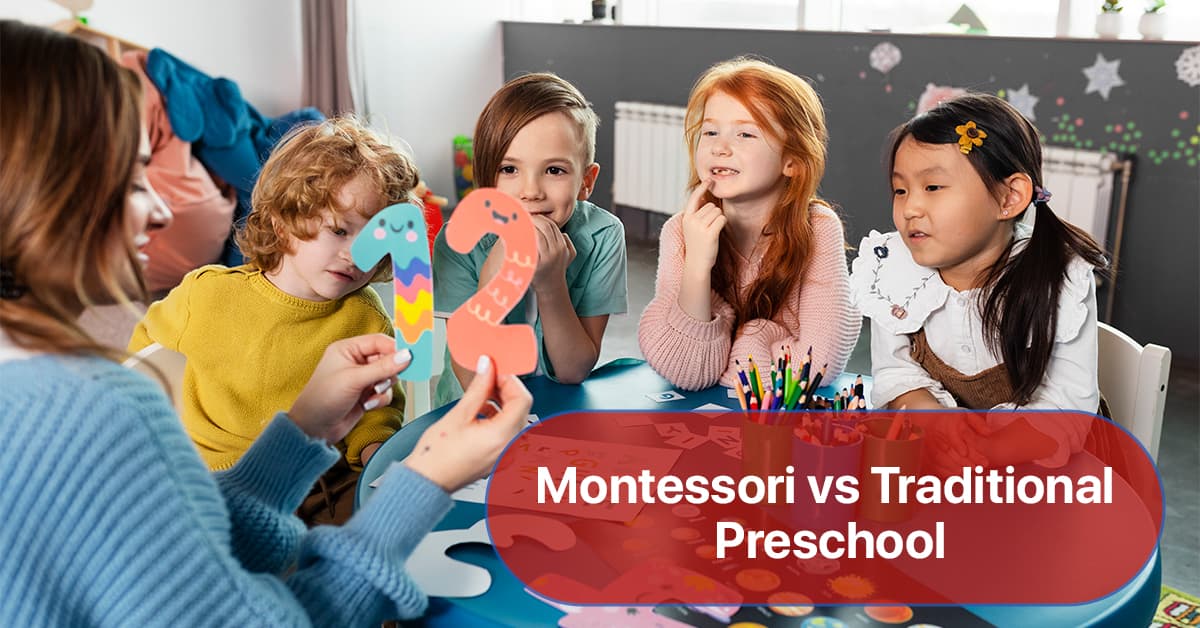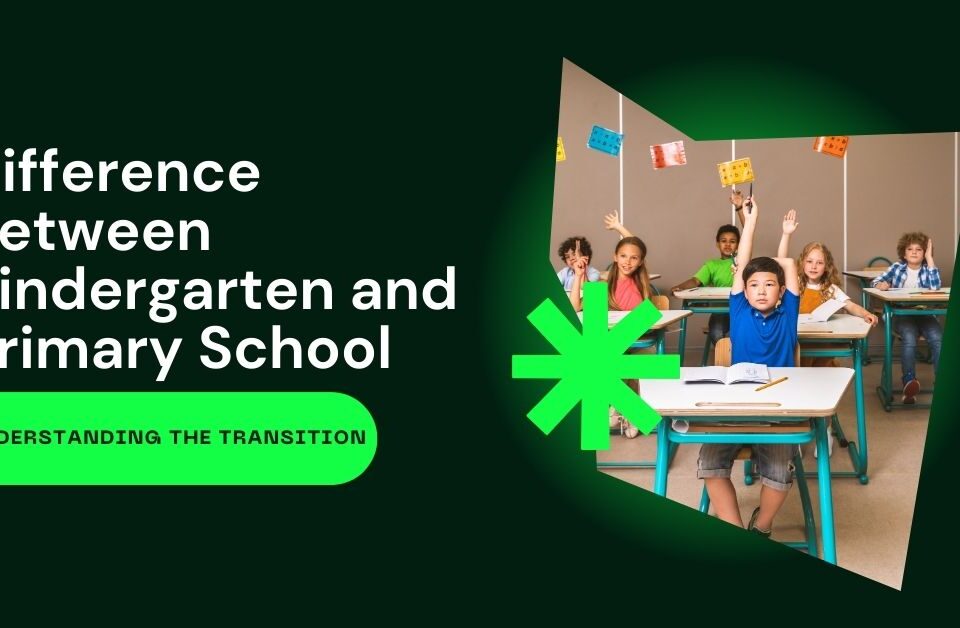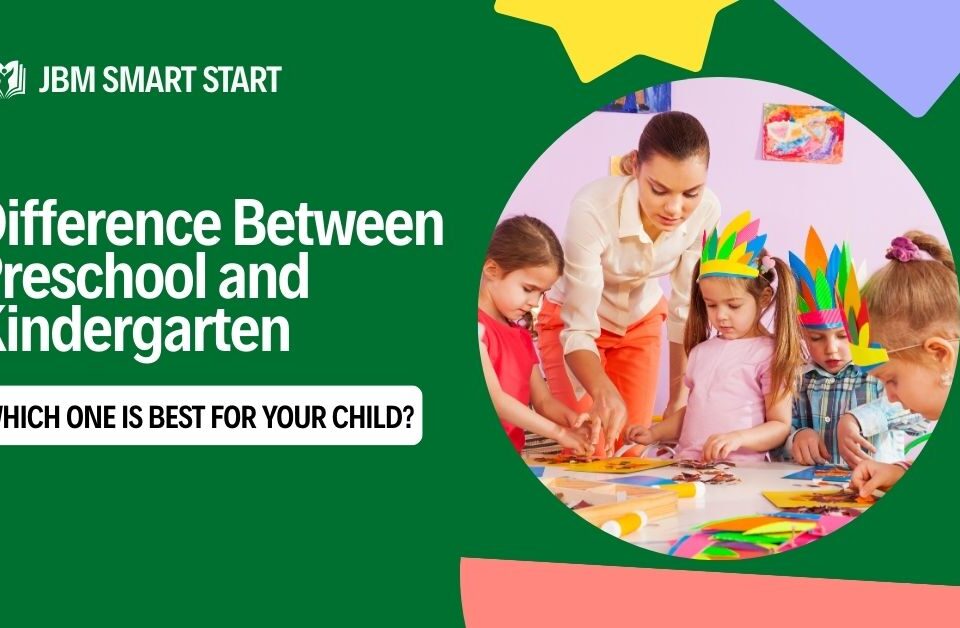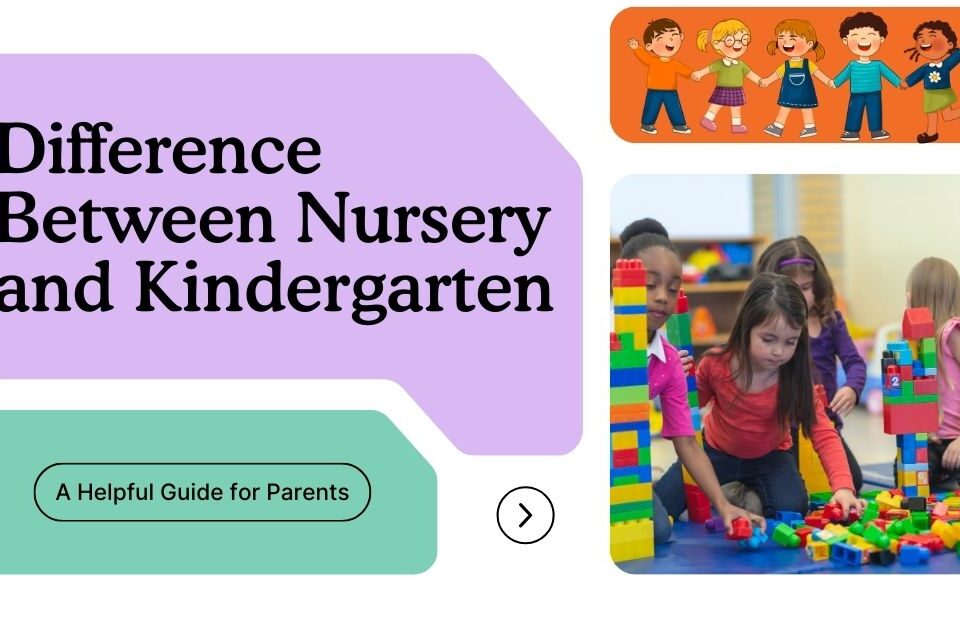
Top 10 Stress-Free Homework Help Tips for Parents
May 31, 2025
Levels of Education in India: A Complete Guide to Education Stages
June 22, 2025Montessori vs Traditional Preschool: Which One is Right for Your Child?
Why Choosing the Right Preschool Matters More Than You Think
The educational journey of your child relies heavily on where they are starting from. This is why a preschool plays an important role in laying the foundation for their education.
Now comes the confusion: Montessori vs Traditional Preschool, which is better?
Thankfully, we have progressed enough to have the freedom to choose whichever educational approach we prefer. However, it is helpful to know and understand the difference between Montessori and Preschool.
So, are you ready to find out? We hope that, by the end of this blog, you will be able to decide what best suits your child’s personality, learning style, and needs.
What Is Montessori Preschool? Understanding the Philosophy and Benefits
The Montessori education philosophy was first introduced by Dr. Maria Montessori. She emphasised the importance of independence, self-directed learning, and hands-on exploration.
According to her, Montessori classrooms should allow children to choose their activities from a range of carefully prepared materials. They can work at their own pace, and often learn alongside mixed age groups.
Moreover, these classrooms are calm, organised, and filled with materials that encourage sensory development.
What Is Traditional Preschool? Structure, Curriculum, and Learning Style
In the Montessori vs Preschool debate, the traditional preschool curriculum is more structured. It is designed by the teacher and centred around the school calendar.
Moreover, learning here is usually group-oriented and guided. It also includes a clear daily schedule of lessons, playtime, and snack breaks.
In these classrooms, the teacher leads the class, sets the pace, and plans the activities. The students are grouped according to their age, and they are taught basic academic skills like numbers, letters, and shapes.
Montessori vs Traditional Preschool: 6 Key Differences Every Parent Should Know
1: Learning Style: Child-Led Montessori vs. Teacher-Led Traditional Education
In the Montessori education philosophy, children are encouraged to explore topics on their own terms with the help of hands-on activities. It allows them to follow their interests and work at their own pace.
On the other hand, traditional preschools follow a teacher-led format. Here, lessons are planned and delivered to the whole class.
2: Curriculum Pace: Customized Learning Pace vs. Standardized Curriculum
Montessori schools allow students to have their own respective paces. This gives children more to focus on concepts they find challenging and move forward when they’re ready.
However, in the traditional preschool curriculum, the pace of learning is set by the teacher and is consistent for the entire class. This completely disregards individual readiness or interest.
3: Classroom Environment: Montessori Mixed-Age Classrooms vs. Traditional Same-Age Grouping
In child-led vs teacher-directed learning, the former included mixed-age groups in a classroom. This encourages them to learn with and from each other.
On the other hand, traditional preschools usually separate children strictly by age.
4: Role of the Teacher: Teacher as a Guide vs. Teacher as a Leader
The role of a teacher in a Montessori preschool is very flexible. Their job is to observe and guide rather than instruct. They only step in when necessary to support or challenge the child.
However, traditional preschool teachers play a more active role. They lead lessons, direct activities, and manage the classroom flow.
5: Assessment & Evaluation: Montessori Observation-Based Assessment vs. Traditional Formal Testing
Between Montessori vs Traditional Preschool, the former rarely uses tests or grades. Instead, the system relies on keen observation and detailed records of a child’s development.
However, traditional preschools often use worksheets, progress reports, and informal testing methods to assess a child’s progress and evaluate their academic milestones.
6: Educational Focus: Hands-On Life Skills in Montessori vs. Academic Prep in Traditional Preschool
Montessori preschools lay heavy emphasis on life skills, self-discipline, and hands-on discovery. This system believes in practical learning rather than bookish knowledge.
On the contrary, traditional preschools focus more on academics. Hence, the curriculum includes teaching the alphabet, numbers, colours, and shapes through structured lessons.
Montessori or Traditional Preschool: Which One is Better for Your Child?
Now that you know the difference between Montessori and Preschool, which one is better for your child?
If your child thrives on independence, prefers working alone, or gets deeply absorbed in tasks, the benefits of Montessori preschool will be perfect for them.
That’s because the curriculum is designed for self-motivated learners who benefit from hands-on and practical education.
On the other hand, if your child enjoys structure, needs more guidance, or benefits from routine and clear direction, a traditional preschool is more suitable for them.
It’s well-suited for kids who respond well to group activities and teacher instruction.
How JBM Smart Start School Supports Early Childhood Growth
JBM Smart Start closely follows the Montessori education philosophy and combines the best from the traditional preschool methods so that your child can experience the best of both worlds!
The school promotes independence and curiosity with the help of activity-based learning.
Moreover, the teachers are committed to offering their guidance, encouraging curiosity, and building various academic as well as life skills.
The environment is supportive, safe, and stimulating. It allows the children to discover, question, and grow.
Montessori vs Traditional Preschool: Making the Right Choice for Your Child’s Future
Thus, the Montessori vs Traditional Preschool debate can be easily settled if we simply acknowledge that both have their pros and cons. The only difference between Montessori and Preschool is their educational approach.
Hence, you must make a choice between Montessori vs Preschool by keeping your child’s needs in mind. Or, you can also choose a preschool that employs the best methods from both systems!
Discover the inclusive, expansive, and versatile programs at JBM Smart Start. Give your child the perfect environment so that they can grow and thrive. Enrol now!
FAQs About Montessori vs Traditional Preschool
Q1: What is the main difference between Montessori and traditional preschool?
Ans: The main difference between Montessori and Preschool lies in the learning approach. Montessori preschools are child-led, while traditional preschools are teacher-led.
Q2: Is Montessori better than traditional preschool for toddlers?
Ans: Montessori can be great for toddlers who are naturally curious and independent. On the other hand, traditional preschool may offer more guidance and social structure. That’s why the right choice depends on your child’s personality, learning style, and needs.
Q3: Are Montessori preschools too unstructured?
Ans: Not at all! Montessori environments are highly structured as well. However, they are child-centred. They are given the freedom to choose their own activities and follow their own pace. It teaches the children self-discipline, responsibility, and practical skills.
Q4: Can a child transition from Montessori to traditional school later?
Ans: Yes, many children successfully transition from Montessori to traditional school settings without any issues. They possess strong self-regulation and learning habits!
Q5: Does JBM Smart Start follow Montessori or traditional methods?
Ans: JBM Smart Start combines the best of both worlds. This preschool takes the Montessori emphasis on exploration and pairs it with the structured learning of the traditional approach.




